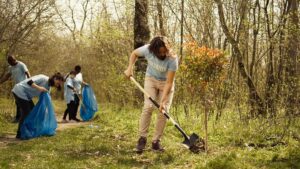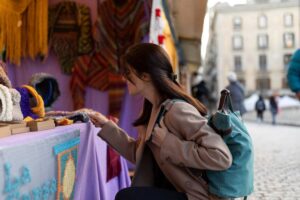Travel Blogs
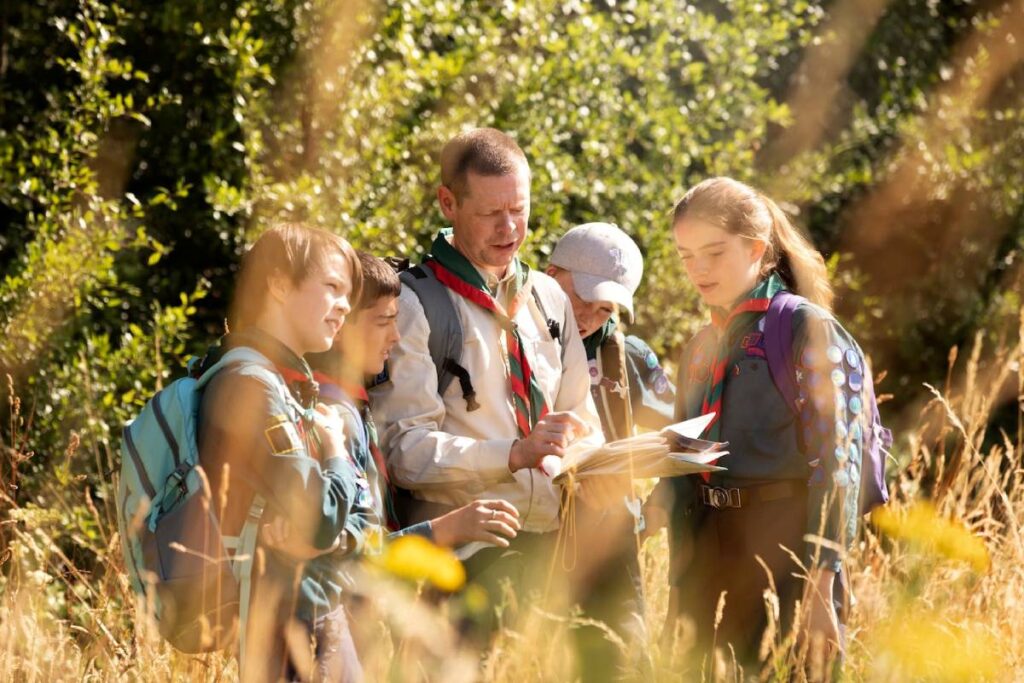
How to Engage in Community-Based Tourism
Travelling isn’t just about seeing new places. It’s also about meeting the locals who live there. Community-based tourism gives you the chance to do exactly that. It helps you travel in a better, deeper, and more responsible way, making a positive impact.
This guide will help you travel sustainably and engage responsibly. You’ll create meaningful experiences for yourself while benefiting local communities.
Pro Tip: The best travel memories often come from people, not places.
Quick Guide: How to Engage in Community Tourism
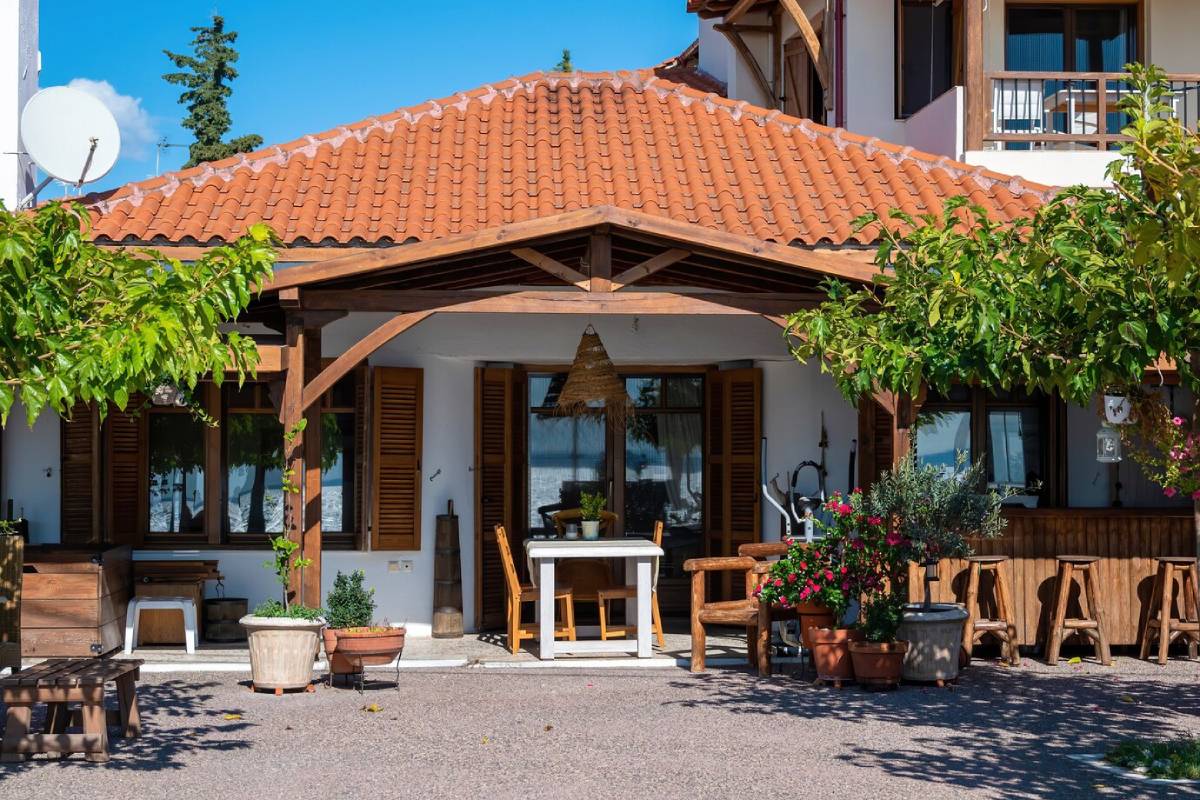
- Choose tours and experiences led by local communities.
- Stay at locally owned hotels, guesthouses, or homestays.
- Support local businesses and markets directly.
- Respect local customs, traditions, and environments.
- Ask questions, listen, and learn — do not assume.
- Pay fair prices — avoid bargaining down excessively.
- Share your experiences responsibly, without exploitation.
Important: Community tourism is a two-way exchange. It is about respect, not just experience.
Step-by-Step Guide to Responsible Travel Engagement
Step 1: Understand What Community-Based Tourism Means
Community tourism is travel that is owned, led, or heavily supported by local people. The money you spend goes directly into the community, not into international corporations.
It often includes:
| Example | Impact |
| Local-guided walking tours | Income for community guides |
| Village homestays | Direct support for families |
| Traditional craft workshops | Preserving local skills and culture |
Pro Tip: Authenticity comes naturally when locals lead the experience.
Step 2: Research Before You Go
Not every “local” experience is genuinely community-based. Take the time to research before booking.
Look for:
- Tours owned or operated by residents.
- Non-profits or cooperatives that support local livelihoods.
- Certifications like Fair Trade Tourism or similar.
Quick Tip: Reviews can show if the experience helps locals or just promotes them.
Step 3: Choose Locally Owned Accommodation
Where you sleep matters as much as where you explore.
Great community options include:
- Family-run guesthouses.
- Homestays hosted by locals.
- Eco-lodges with community investment.
- Small hotels using local staff and suppliers.
Budget Tip: Homestays are often cheaper and more immersive than hotels.
Step 4: Eat Local, Shop Local
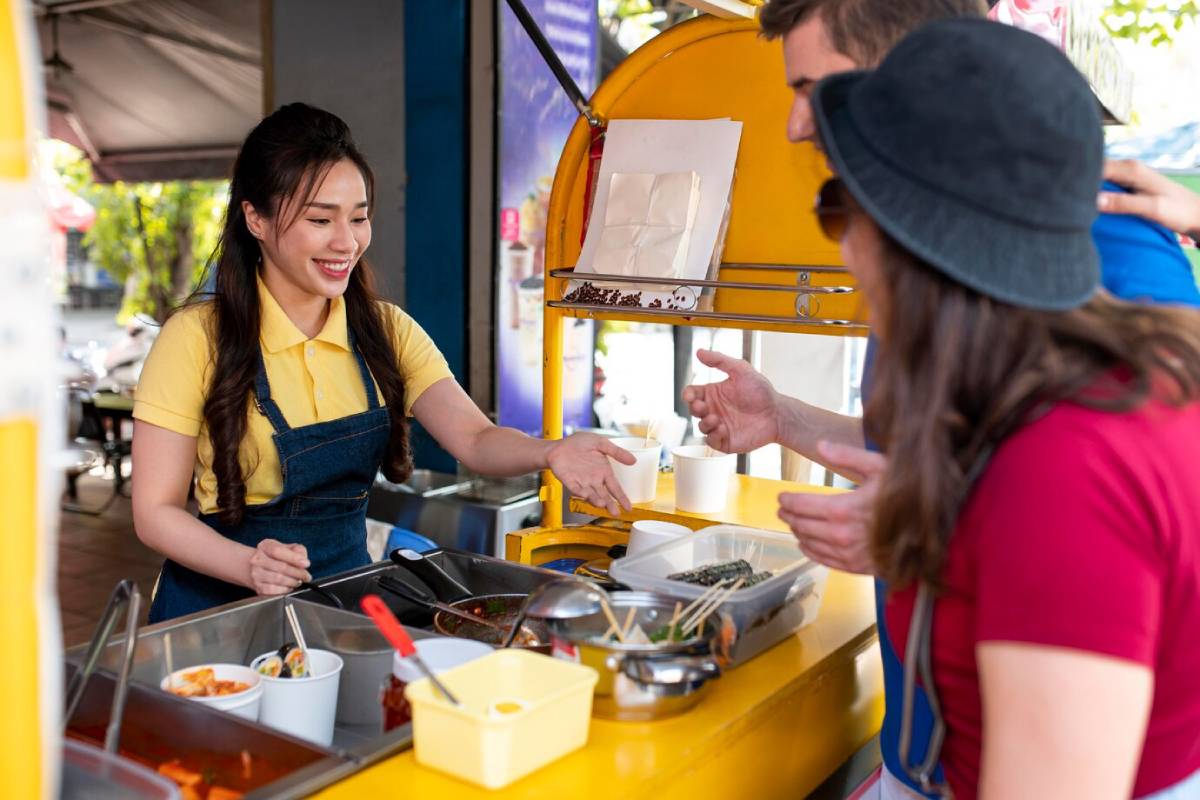
Every pound or dollar you spend has power. Spending it locally strengthens communities.
Easy ways to support local economies:
- Eat at locally owned restaurants and food stalls.
- Buy handicrafts directly from artisans.
- Shop at farmers’ markets instead of supermarkets.
| Spend | Impact |
| Local crafts | Preserves traditional skills |
| Local food stalls | Supports families and farmers |
| Chain restaurants | Profits leave the community |
Pro Tip: Learn a few words of the local language. Even basic greetings show respect and open doors.
Step 5: Respect Culture, Customs, and Privacy
Travelling respectfully means adjusting your behaviour to honour local traditions and spaces.
Practice cultural sensitivity by:
- Dressing modestly if required.
- Asking before taking photos of people.
- Following local rules, especially in religious sites.
- Learning about traditions instead of judging them.
Important: Curiosity is good — but it should always be paired with humility.
Step 6: Engage, Listen, and Learn
The goal of responsible travel engagement is not just to see, but to understand.
Good ways to engage:
- Attend community events, if invited.
- Join local workshops (like cooking, crafts, farming).
- Ask respectful questions about history, culture, and life.
Warning: Avoid treating people as attractions. They are hosts, not entertainment.
Step 7: Pay Fairly for Goods and Services
Bargaining is common in many cultures, but pushing too hard can hurt small businesses.
Ethical shopping tips:
- Pay fair prices for handmade goods.
- Tip local guides, drivers, and service staff.
- Donate to community projects if you have extra budget.
Sustainability Tip: Paying fairly builds trust and ensures these businesses survive and thrive.
Step 8: Share Your Experience Responsibly
Social media can amplify voices — or drown them out. Share your experiences in ways that honour the communities you visit.
When posting online:
- Focus on stories, not selfies.
- Credit local guides, artisans, and communities.
- Avoid posting pictures of people without permission.
- Highlight positive impacts and community achievements.
Pro Tip: Responsible storytelling builds awareness without exploitation.
Recommended Platforms for Community-Based Tourism
Here are some trusted platforms that connect you with real community tourism experiences:
| Platform | Focus |
| Lokal Travel | Indigenous-led tours and homestays |
| Fairbnb.coop | Ethical stays supporting local projects |
| Visit.org | Community experiences and impact travel |
| Responsible Travel | Wide selection of ethical tours |
Warning: Even with good platforms, always research individual experiences to ensure authenticity.
Frequently Asked Questions
Is community tourism safe?
Yes, generally. When you travel, stay aware. Respect local advice and engage openly, but be cautious.
Does community-based tourism cost more?
Not necessarily. Often it is cheaper than big commercial tours — and your money goes further into local hands.
How do I know if a tour really benefits the community?
Look for transparency. Companies ought to tell how they help local folks and how much cash stays in the community.
Can I volunteer while engaging in community tourism?
Yes, but only if the volunteer work is requested, ethical, and community-led. Always ask first — and respect if the answer is no.
Should I give gifts or donations during my trip?
Gifts can be tricky. Support local businesses. Pay fair prices. Donate to verified community projects. Together, we can make a difference.
Travel Deeper, Travel Fairer
Community tourism is about building bridges, not just taking photos. Committing to sustainable local travel makes every trip more than just a holiday. It’s about being responsible and making a positive impact. It becomes a partnership.
The memories you create will be richer. The people you meet will feel respected. And the places you visit will be stronger for your visit.
Travel kindly. Travel consciously. Travel meaningfully.




